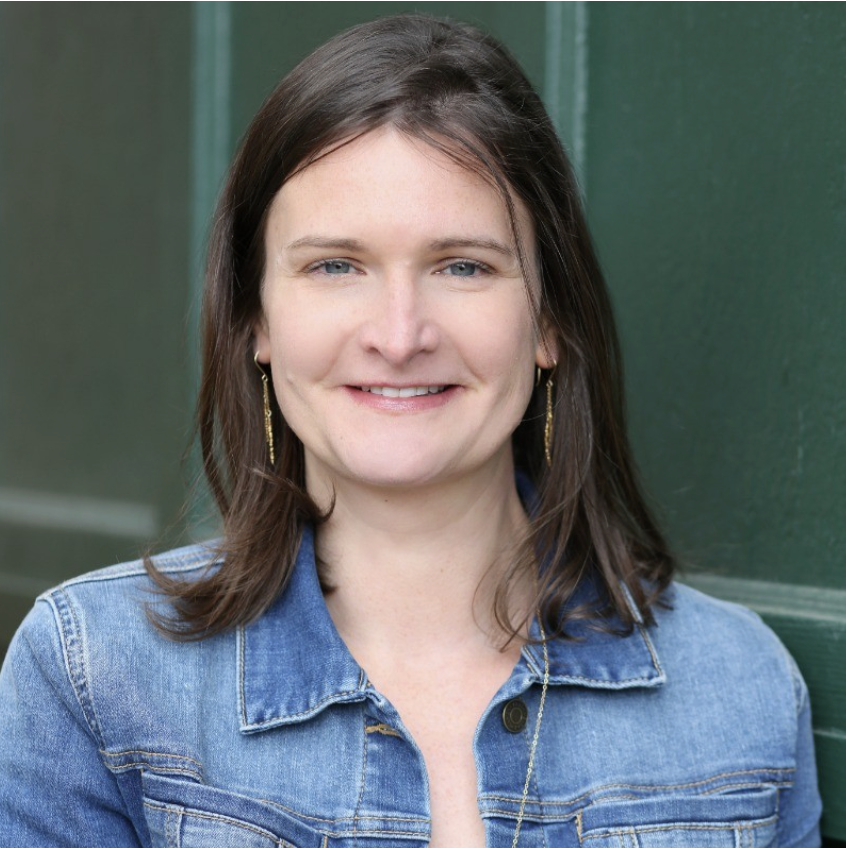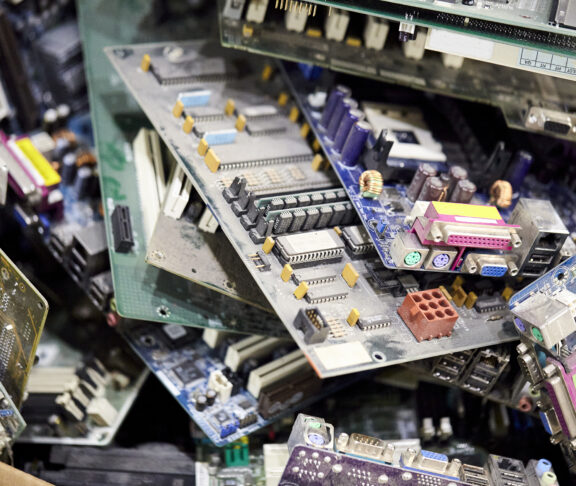
Danielle Holly
Executive Lead, North America, Ellen MacArthur Foundation
Danielle Holly, Executive Lead, North America, at the Ellen MacArthur Foundation, on why this is a critical time for a circular economy in Canada.
The global demand for critical minerals is set to double by 2040. As the world shifts away from fuel-based technologies and toward electric alternatives, critical minerals – such as lithium, cobalt, and nickel – are vital to power the clean energy and digital transitions.
Canada’s economy is well positioned to benefit from the race to secure the critical minerals needed for the new electric economy. But instead of relying solely on mining and extracting these key resources, there’s a timely opportunity for Canada to lead the way in creating a more circular economy for critical minerals.
Mining the waste
Opening a new mine can take up to 16 years and is both financially and environmentally costly. Consider this. From one ton of mined gold ore, you typically get just 10 grams of gold – about the size of a wedding band. But with the right recycling and collection systems in place, a single ton of discarded smartphones could yield up to 350 grams of gold.
By recirculating materials already extracted and built into our electronics and digital infrastructure, Canada can help meet the global demand for these valuable materials, build resilient supply chains, and unlock significant economic benefits.
That future is within reach. With the right policies, infrastructure, and tracking of materials, let’s turn this vision into reality.
Explore how the circular economy can help meet the growing demand for critical minerals.
Visit ellenmacarthurfoundation.org.


